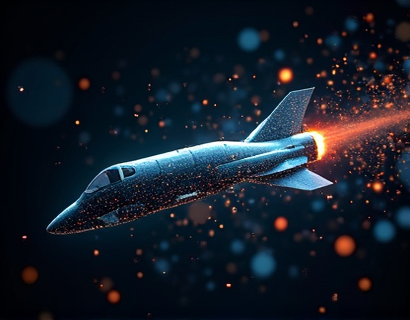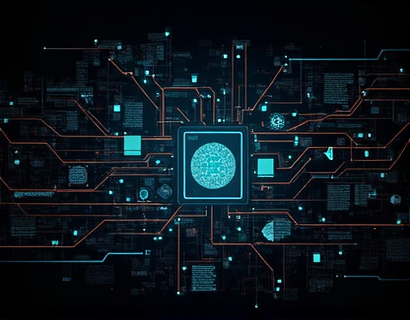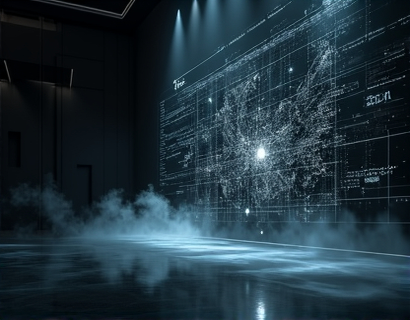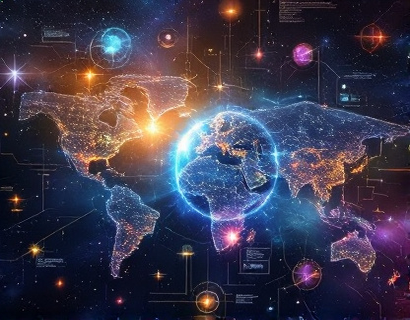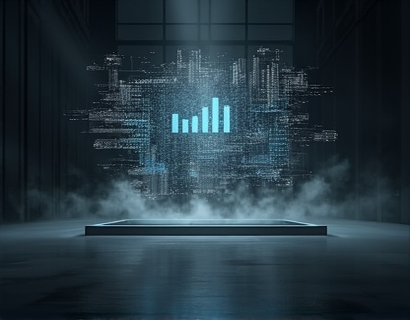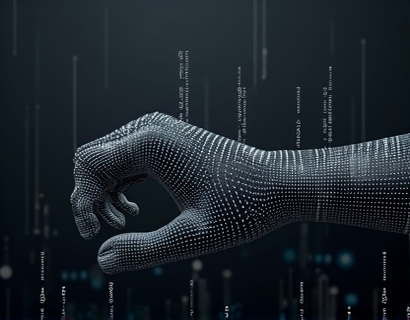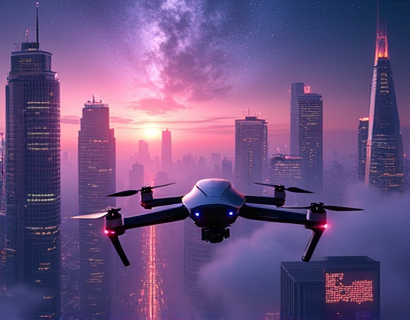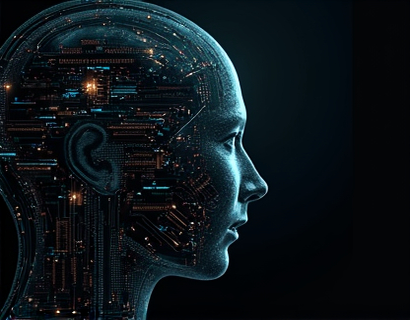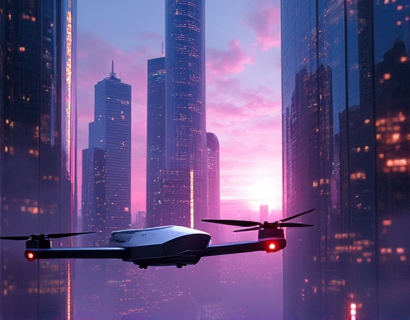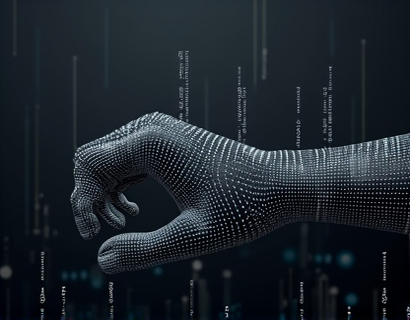AI-Driven Insights: A Verified and Child-Friendly Guide to Specialized Space Industry Knowledge and Services
The exploration and understanding of space have captivated human imagination for centuries. With advancements in technology and the increasing accessibility of space-related information, there is a growing interest in the space industry among students, educators, parents, space enthusiasts, and tech-savvy individuals. However, the complexity and specialized nature of this field can make it challenging to navigate, especially for younger audiences and those without a technical background. This article aims to provide a comprehensive, verified, and child-friendly guide to the space industry, leveraging AI-driven insights to ensure a secure and educational experience for all users.
The space industry encompasses a wide range of activities and services, from satellite communications and space exploration to aerospace engineering and space tourism. Each segment offers unique opportunities for learning and innovation. To facilitate access to this knowledge, an AI-driven platform has been developed, designed to offer in-depth insights while maintaining a focus on safety and educational value. This platform serves as a bridge between complex space industry concepts and a broader audience, ensuring that information is accurate, up-to-date, and presented in an engaging and understandable manner.
Understanding the Space Industry
The space industry is a multifaceted sector that includes various sub-industries, each with its own set of challenges and opportunities. One of the primary areas is satellite technology, which plays a crucial role in global communications, weather forecasting, and Earth observation. Satellites are launched into different orbits, each serving specific purposes. Low Earth Orbit (LEO) satellites, for instance, are used for communication and scientific research due to their proximity to Earth, while Geostationary Earth Orbit (GEO) satellites provide continuous coverage for broadcasting and navigation services.
Another significant segment is space exploration, driven by both governmental agencies and private companies. Missions to the Moon, Mars, and beyond aim to expand our understanding of the universe and potentially pave the way for human colonization. These missions involve sophisticated spacecraft designed to withstand the harsh conditions of space, equipped with advanced instruments for scientific research. The data collected from these missions not only advances scientific knowledge but also has practical applications on Earth, such as improving climate models and resource management.
Aerospace engineering is the backbone of the space industry, focusing on the design, development, and operation of spacecraft and aircraft. This field requires a deep understanding of physics, materials science, and engineering principles. Innovations in aerospace engineering have led to the creation of more efficient and reliable vehicles, reducing costs and increasing the feasibility of space travel. Private companies like SpaceX and Blue Origin are at the forefront of this revolution, pushing the boundaries of what is possible with reusable rockets and advanced propulsion systems.
Educational Resources and Learning Opportunities
For students and educators, accessing reliable and engaging educational resources is essential for fostering a deeper understanding of the space industry. The AI-driven platform offers a curated collection of articles, videos, and interactive modules that cover a wide range of topics. These resources are carefully vetted to ensure accuracy and relevance, making them suitable for use in classrooms and self-study.
One of the key features of the platform is its ability to adapt content to different age groups and learning levels. For younger students, the platform provides simplified explanations and engaging visuals, such as animations and infographics. For older students and educators, more detailed technical information and research papers are available. This tiered approach ensures that users can find content that is both accessible and challenging, promoting continuous learning and curiosity.
Interactive elements, such as quizzes and simulations, are integrated into the platform to enhance the learning experience. For example, students can participate in virtual rocket design challenges or simulate space missions, applying theoretical knowledge in practical scenarios. These activities not only make learning more enjoyable but also help develop critical thinking and problem-solving skills.
Specialized Services and Industry Insights
The space industry offers a variety of specialized services that cater to different needs and applications. One of the most prominent services is satellite launch and deployment. Satellite operators require reliable launch services to get their satellites into orbit. This involves complex planning and execution, from selecting the appropriate launch vehicle to ensuring the satellite's safe deployment and operation in space.
Another specialized service is space debris management. As the number of satellites and other objects in orbit increases, the risk of collisions and the creation of debris becomes a significant concern. Companies and organizations are developing technologies to track, remove, and mitigate space debris, ensuring the sustainability of space activities. Understanding these efforts is crucial for anyone interested in the long-term health and accessibility of space.
Space tourism is an emerging sector that promises to make space travel available to a broader audience. Companies are working on developing commercial spacecraft capable of carrying passengers to the edge of space or even to orbit. This not only opens up new revenue streams but also has the potential to inspire a new generation of space enthusiasts and future astronauts.
The platform provides detailed insights into these specialized services, including case studies, industry trends, and expert interviews. Users can explore the technical aspects, regulatory frameworks, and market dynamics of each service, gaining a comprehensive understanding of the space industry's landscape.
AI-Driven Personalization and Interaction
One of the most innovative aspects of this platform is its use of AI to personalize the user experience. The AI chat interface, designed to be child-friendly and accessible, allows users to ask questions and receive tailored responses based on their interests and knowledge level. Whether a student is curious about rocket propulsion or a parent wants to understand the basics of satellite communications, the AI can provide relevant and concise information.
The chat interface uses natural language processing to understand user queries and generate appropriate responses. It can also recommend additional resources, such as articles or videos, based on the user's interests. This interactive approach not only makes learning more engaging but also helps users navigate the vast amount of information available on the platform.
Safety is a top priority, and the platform employs strict content verification processes to ensure that all information is accurate and up-to-date. AI algorithms continuously monitor and update the content, removing any outdated or incorrect information. This commitment to accuracy is particularly important for educational purposes, where misinformation can lead to misunderstandings and misconceptions.
Community and Collaboration
The space industry thrives on collaboration and knowledge sharing. The platform fosters a community where users can connect, share ideas, and collaborate on projects. Forums and discussion boards are available for users to engage with each other, ask questions, and exchange insights. This community aspect is especially valuable for students and educators, providing a space to collaborate on educational initiatives and share best practices.
The platform also partners with educational institutions, space agencies, and industry experts to offer exclusive content and opportunities. Webinars, live Q&A sessions, and virtual workshops are regularly hosted, providing users with direct access to experts in the field. These events not only enhance learning but also inspire users to pursue careers in the space industry.
Conclusion
The space industry is a fascinating and rapidly evolving field that offers endless opportunities for learning and discovery. Through the use of AI-driven insights and a child-friendly platform, this guide aims to make specialized space industry knowledge accessible and engaging for a wide audience. Whether you are a student, educator, parent, or space enthusiast, the platform provides a secure and educational environment to explore the wonders of space. By leveraging the power of AI and a commitment to accuracy and safety, users can deepen their understanding of the space industry and inspire the next generation of space explorers and innovators.







